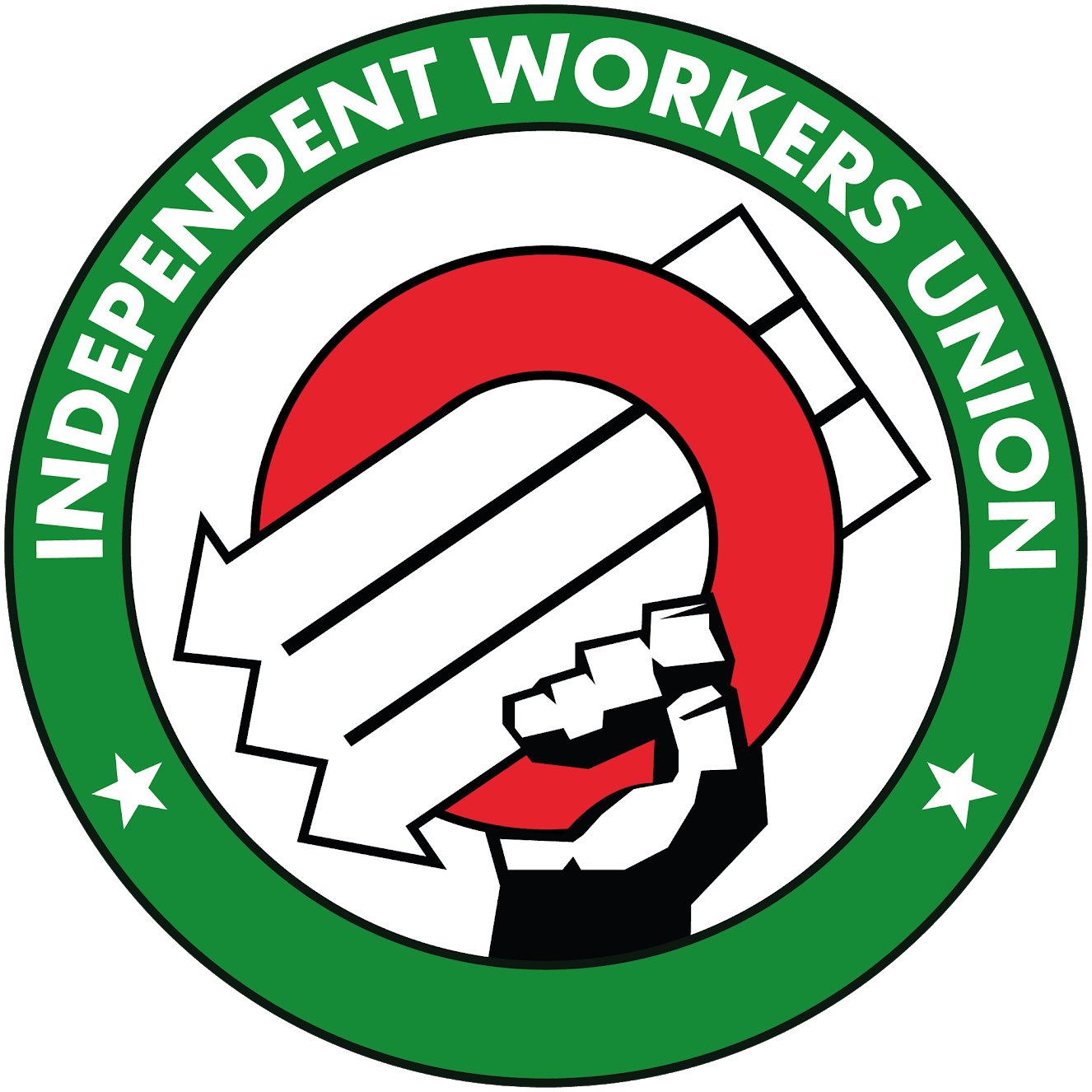IWGB Charity Workers Branch Statement on COVID-19
The COVID-19 emergency has both highlighted and exacerbated existing issues and inequalities within the charity sector. Charity workers are often on the frontline of the fallout from political choices like austerity and the hostile environment for migrants, and the government’s continued failure to provide proper support for those most adversely affected during this crisis has only increased the burden on charities. Yet this emergency has placed the charity sector under threat with it predicted to lose over £4 billion of income by June – the government’s pledge of £750 million is woefully insufficient to cover this gap in funding. We believe that the government must be held to account over the inadequate support it has provided the charity sector to date, and that this must be underpinned by support for its workers.
Many charities are unsure of their ability to survive in the coming months, putting the livelihoods of charity workers and the communities reliant on their services at risk. This is particularly acute for BAME-led charities as 9 out of 10 of them are expected to close within the next three months. This is an alarming development, especially as we know that the BAME community is being disproportionately impacted across health, housing, employment and other spheres, which will continue in the aftermath of the pandemic.
In responding to the daily emergencies of the crisis, our branch members have reported that their safety and rights at work are being compromised: from frontline workers not being given adequate PPE or access to testing, to failures in implementing distancing measures, to being denied remote working. Charity workers, particularly those on short-term and insecure contracts - which abound in the sector - fear losing their jobs and are finding that government measures to mitigate this risk inadequate. For example the Job Retention Scheme, alongside other policies such as Statutory Sick Pay, fail to provide protection for the most precarious workers in the sector.
The impact of the Job Retention Scheme on the charity sector and its workers has been varied. While being furloughed, an employee must not work, volunteer or generate income for or on behalf of their employer. More than 60% of charities have furloughed staff to mitigate the severe financial impact of this crisis, yet the pressure for charities to meet the needs of communities during the crisis remains. We have had reports of furloughed staff being pressured to ‘volunteer’, despite this breaking the conditions of the Job Retention Scheme, alongside employers using the ‘‘training’ exception as a loophole for staff to continue working whilst furloughed. In other cases, non-furloughed staff have reported an increase in workloads and risk of burn out, as they absorb the work that furloughed staff would otherwise be undertaking.
Some employers are also failing to top up wages of furloughed staff to 100%, pushing its lowest paid workers into financial hardship as pay dips below the minimum wage. Those on zero-hour contracts have lost their income entirely when employers have refused to furlough them. Given that women and BAME workers tend to be concentrated in the low-paid, precarious, and public facing work within the sector, we are concerned that a higher proportion of those furloughed, at risk of losing pay or their jobs altogether, are those already economically disadvantaged across society.
This hasn’t happened in a vacuum – the COVID-19 outbreak has further exposed the limits of existing models of funding and delivery that have normalised precarity within the charity sector. We see our interests as charity workers as aligned with the interests of people who use those services and therefore urge charities to take their responsibility to their workforce equally seriously.
As well as the government addressing the funding gap in the sector, we demand the following from employers:
- No workers suffer financial detriment – we demand all workers (including furloughed staff) be paid at least the Real Living Wage for their normal hours of work.
- Sick pay should be paid at the real Living Wage as a minimum, and should include the lowest paid workers and those on zero hour contracts.
- Workers should be entitled to paid time off, at full pay, in order to care for dependants as a result of the pandemic.
- Rights around annual leave are respected i.e. workers are not pressured to take holiday during this time to offset costs.
- All workers are provided with the PPE they require in order to undertake their job safely.
- That any workers who are able to work from home are offered the opportunity to do so and not compelled by their employer to return to their workplace before it is safe for them to do so.
- Any costs accrued due to homeworking are covered by the employer not the worker.
- Assurance that jobs will be protected and that furloughing people is not used as an excuse to claim that certain jobs are not essential for the charity. Where savings have to be made, the salaries of management should be reduced.
- All workers are offered free counselling services to protect their mental well-being in light of the likely psychological distress caused by COVID-19.
- Employers must use the time between now and August, when furloughed workers can be brought back to work part-time, to ensure that workplaces are safe and employees have adequate protections.
The IWGB Charity Workers Branch is a worker-led, democratic trade union that represents and advocates for the rights of workers in the charity sector across London. Join us today: https://iwgb.org.uk/join

© Sindicato de Trabajadores Independientes de Gran Bretaña 2024
Diseñado y construido en la IWGB con amor, cuidado y café. Hasta la victoria siempre.


